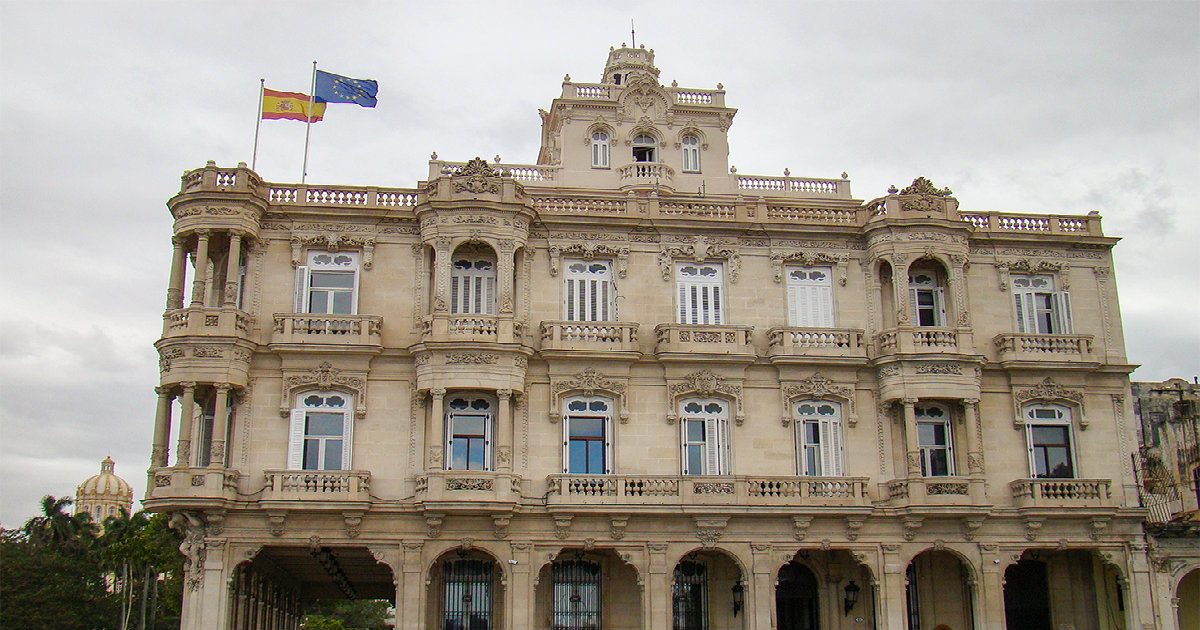
A proposal presented last December in the Spanish Congress of Deputies by the political group "Unidos Podemos-En Comú Podem-En Marea" created great expectations among Cubans about the expansion of the number of Cubans with the right to Spanish nationality.
The bill known as"new law for grandchildren of Spaniards" contemplates that they could obtain Spanish nationality lOs adult children of those who obtained the nationality of origin by the so-called Law of Historical Memory, known as “the law of grandchildren.”
Those who would also have the right to Spanish nationalitygrandchildren of Spanish origin, born in Spain andmarried to a non-Spanish person before the entry into force of the Spanish Constitution of 1978.
Finally, thespanish grandchildren naturalized to the host country for economic reasons before the birth of his son and Spanish grandchildrenwho, having held nationality, have lost it for not ratifying his desire to keep it when he reaches the age of majority.
However, the truth is that it is not yet possible to know if the law will come into force since the proposal It has not been approved by the Congress of Deputies.Furthermore, there is no date yet for it to be debated.
On the other hand, once the proposal is debated by the parliamentarians, and in the event that they decide to continue the process for its approval, the period ofpresentation of amendments to the law by a commission made up of parliamentarians from various parties.
After the presentation of amendments, the Chamber issues a report that is debated again by the committee of parliamentarians. With the conclusions of the debate, the commission writes an opinion that is sent to the President of Congress.
Then the bill is debated again by the plenary session of Congress, which finally votes on its approval or rejection. After approval, it is sent to the Senate, which can modify it and send it again to Congress.
This means that it is still too early to know if the law will finally be approved,whether it will be approved with the same assumptions contemplated in the proposal orwhen it could be approved.
What do you think?
COMMENTFiled in: